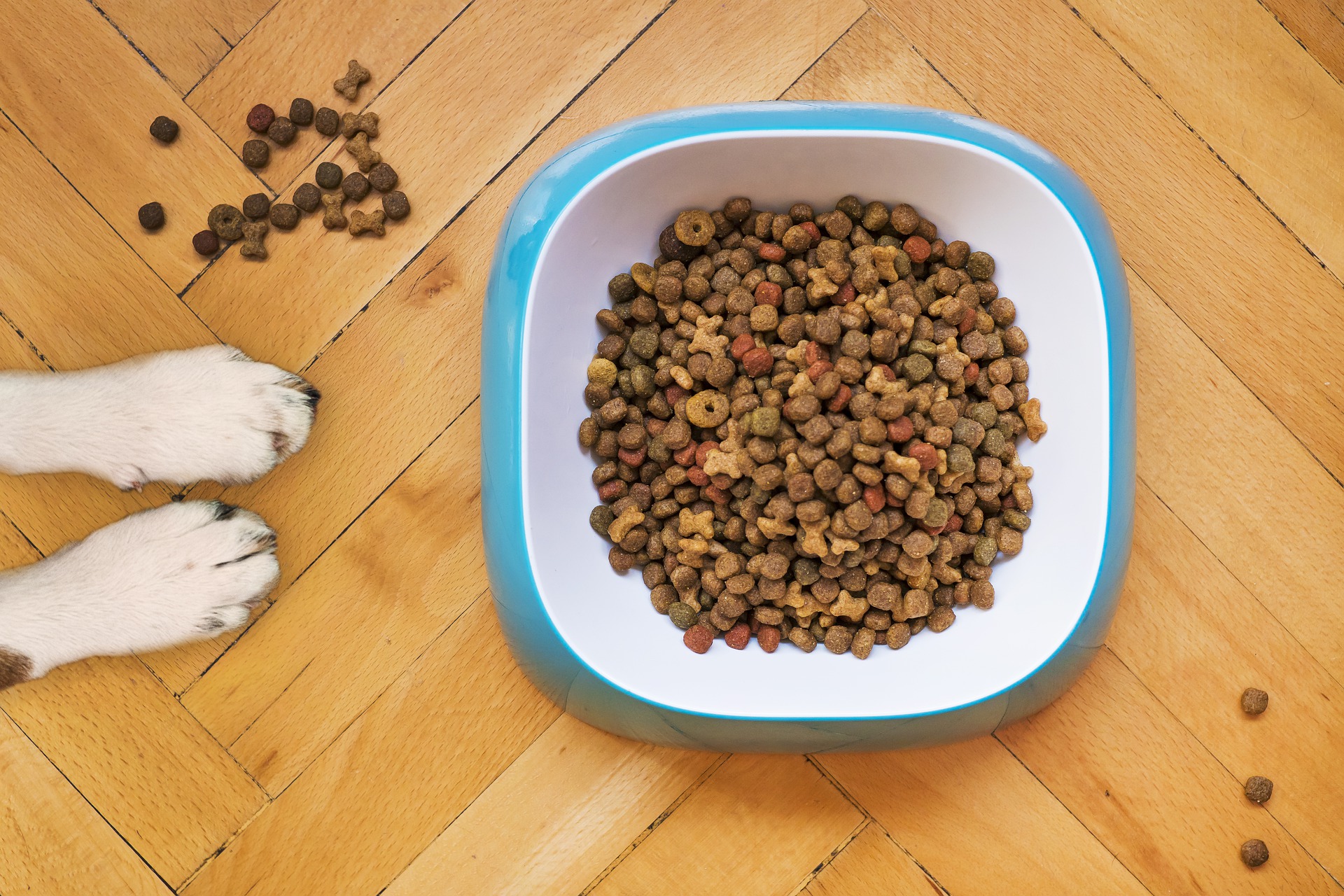As the caretakers of our dogs, we notice quickly when they are behaving abnormally. If you notice one day that your dog doesn’t seem hungry, pay close attention to other behaviors they may be exhibiting. It’s not concerning for a dog to just be a little less hungry for a day, but if the loss of appetite persists or other symptoms arise, you may have an issue on your hands.

What’s Normal?
Just like people, dogs have days when their stomach is upset. For example, they might have eaten a scrap of food on a walk that isn’t sitting right with them. They may be feeling more stressed than usual, if an unfamiliar person is visiting, or loud noises are happening outside. In general, your dog will only turn down a meal or two before they are hungry and acting normal again. If your pup is still refusing to eat after 24-48 hours, you should bring them to the vet.
What Causes Loss of Appetite?
Vaccination: If your dog recently received a vaccination, they may have less of an appetite. Vaccinations can cause the same symptoms in dogs as they do in people–they may feel a little under the weather and need a couple of hours to recover. Your vet will provide you with resources and information regarding monitoring their symptoms.
Dental Pain: Unfortunately, dental disease is common, especially in older dogs. When their gums get infected due to plaque buildup or a tooth has been chipped, it will be painful for your dog to eat. You can help prevent dental disease. Try giving them treats specially designed to help scrape their teeth, or bringing your dog to the vet for regular dental cleanings. If it’s confirmed that they have dental disease, you can make it less painful to eat by adding water to their kibble to soften it and warming up wet food.
Consuming toxic food: Almost everyone knows that chocolate is toxic to dogs, but there are many other foods that can cause serious gastrointestinal and kidney problems. Garlic, grapes and raisins, onions, coffee, avocados, and many other foods also should never be fed to dogs. If your pup eats something toxic, monitor their symptoms closely and call your vet for advice on whether to bring them in.
Disease: A number of viruses or infections can cause loss of appetite. It’s difficult to determine the exact issue without making a trip to the vet so that they can perform the necessary bloodwork and examinations.
Allergies: Sensitivity to food in dogs is quite common. Many dogs are born with allergies or develop them over time, usually toward a specific type of protein. If your vet suggests a food allergy is causing your pup’s upset stomach and loss of appetite, you will need to switch to a food with a different protein.
Solutions
If your pup doesn’t want to eat their food or is exhibiting signs of an upset stomach, feed them a bland meal of white rice and boiled chicken. This meal is plain enough that it is unlikely to further upset their stomach, yet the chicken is tempting enough to get them to eat. If you believe your pup is simply too nervous to eat, try hand-feeding them a little at a time, as they will likely take comfort from your help and attention. If you have any doubt about your dog’s loss of appetite, consult with your veterinarian.
Gulf Coast K9 Dog Training is a training and obedience school based in Bradenton, Florida.




